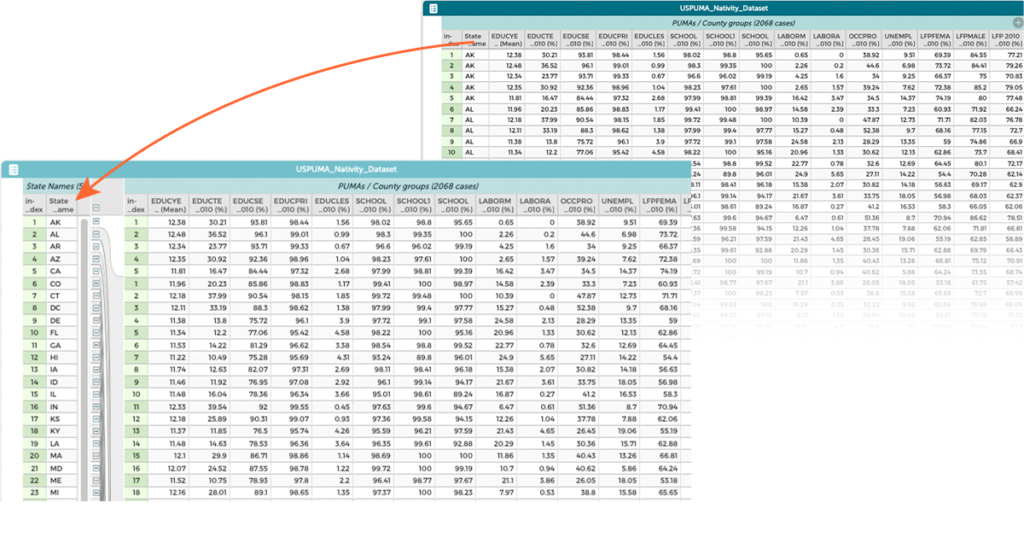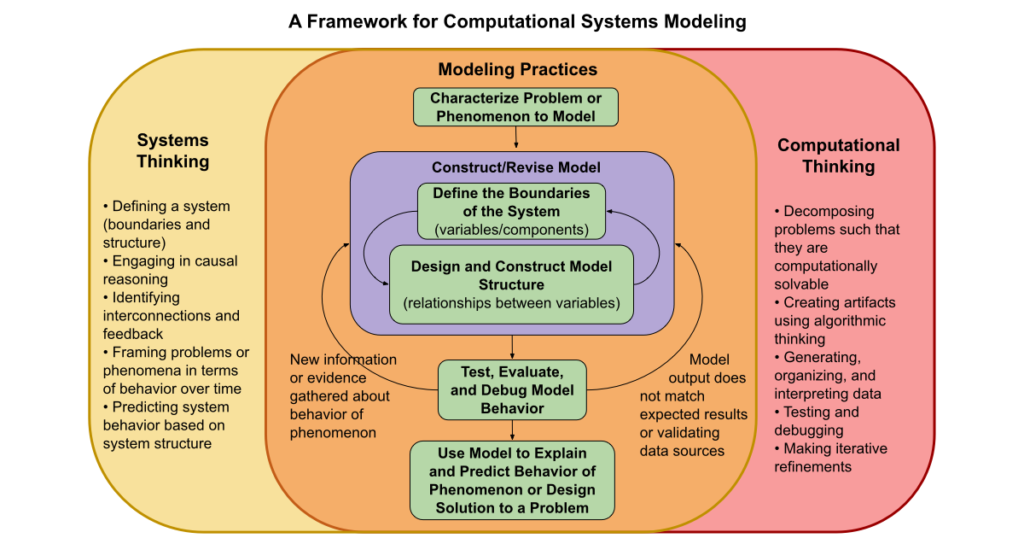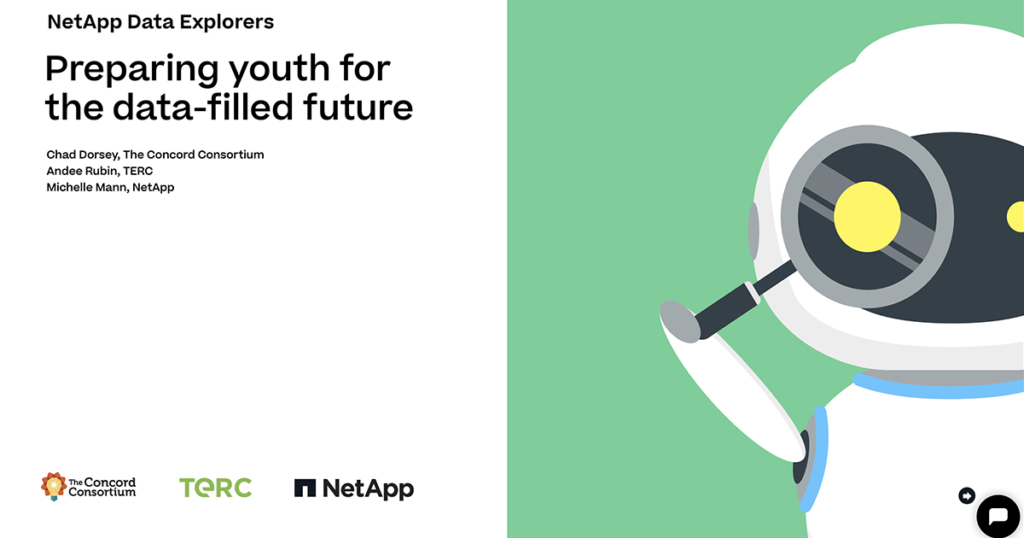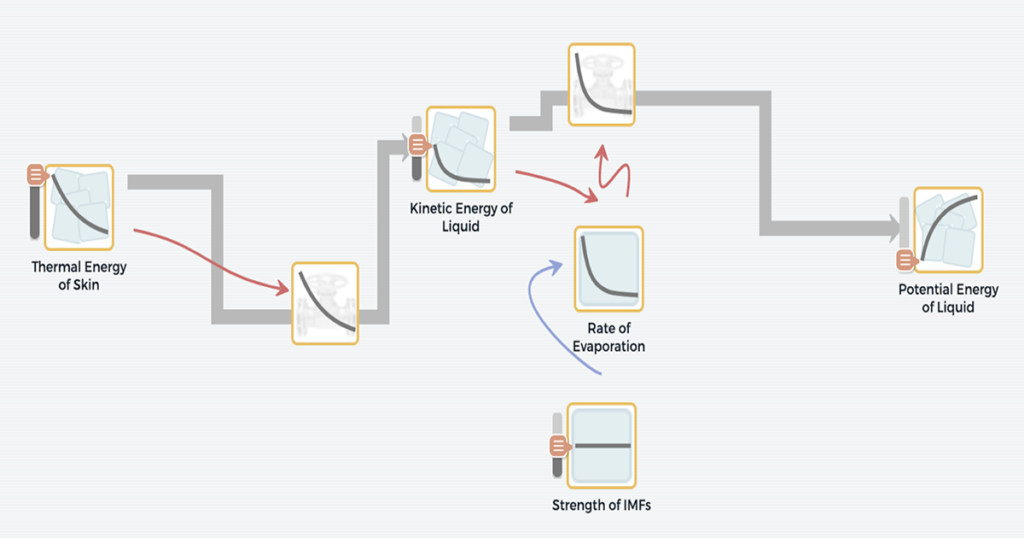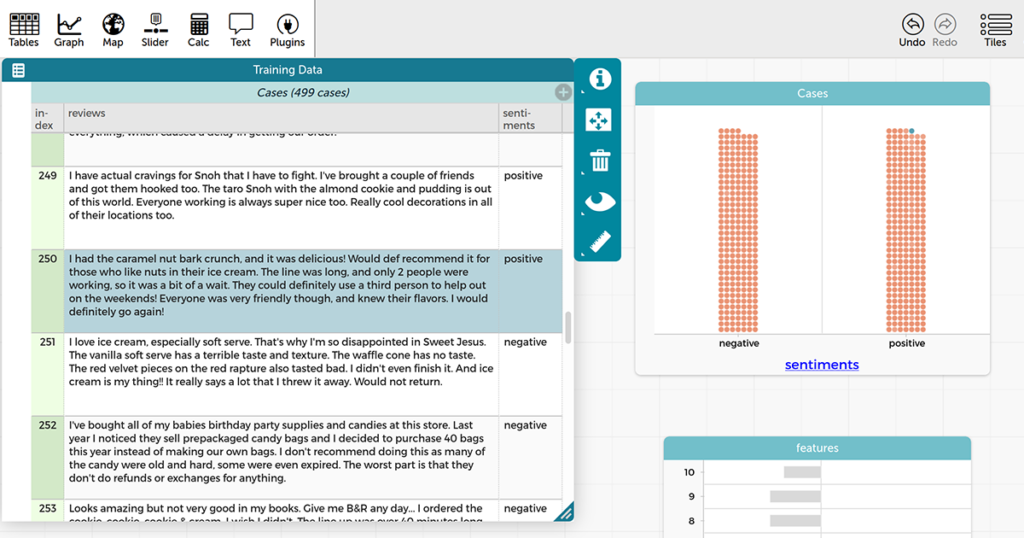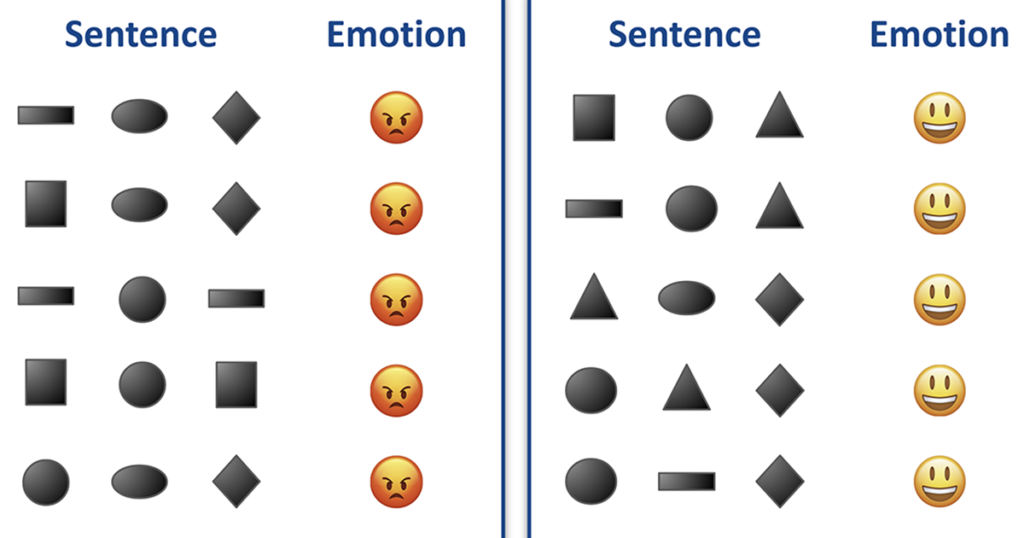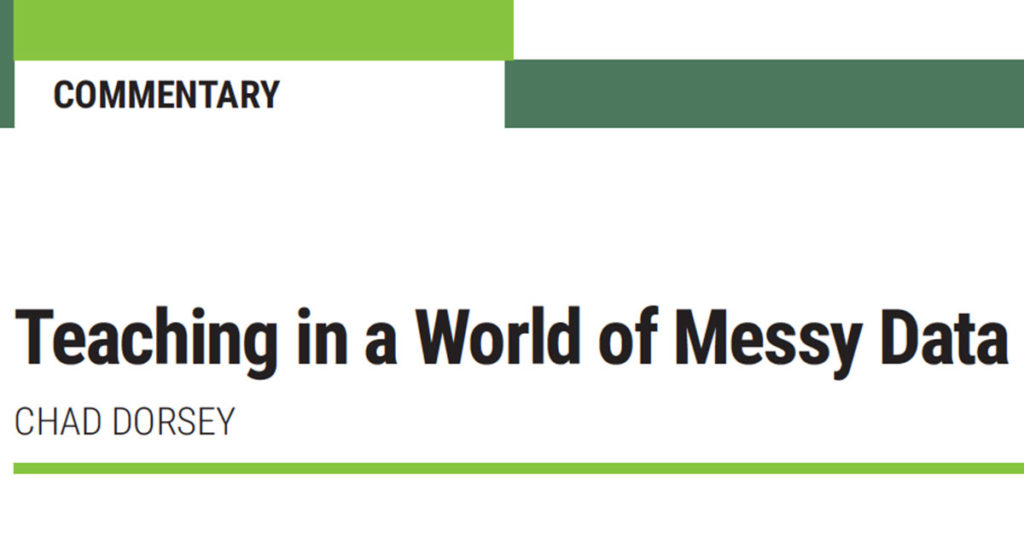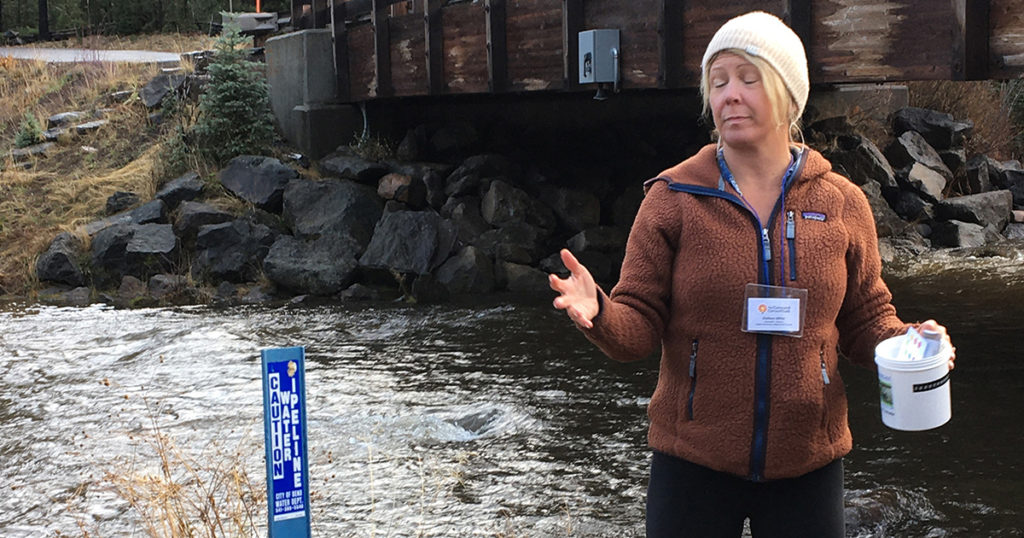Category: Tools for Inquiry
With a deluge of data — from data about climate change and the pandemic to data about town demographics and local energy use — it is increasingly vital that the public are able to make sense of data to inform their decisions. But datasets can be overwhelming, at least at first glance. For example, census […]
Our Multilevel Computational Modeling collaborative project with Michigan State University has developed a novel theoretical framework based on a literature review of modeling, systems thinking (ST) and computational thinking (CT). The framework, which was also informed by years of work developing our SageModeler systems modeling software and researching student modeling, highlights how both ST and […]
Devin Finzer learned the value of data exploration and visualization early. His father, Bill Finzer, led the Fathom Dynamic Data Software development team at KCP Technologies and has been leading the development of the Common Online Data Analysis Platform (CODAP) at the Concord Consortium since 2014. Thanks to Devin Finzer’s generous gift of nearly $2 […]
A new report details the successes of an afterschool program designed to engage and empower underrepresented teens in using data to explore issues of societal importance. Coauthored by Concord Consortium president and CEO Chad Dorsey, Andee Rubin of TERC, and Michelle Mann of NetApp, Preparing youth for the data-filled future (PDF) describes essential takeaways for […]
Have you ever wondered why, even on a very hot day, you feel cold when coming out of a pool, lake, or sprinkler? The Multilevel Computational Modeling project, a collaboration with the CREATE for STEM Institute at Michigan State University, has developed a new curriculum unit called “Why do I feel colder when I am […]
Imagine that you’re visiting a new city and want to know the best place to get ice cream. You might open your favorite search engine and check out reviews. Or you might see what people on Twitter have to say. Perhaps you decide to search for specific terms and see if more people recommend you […]
From 2001: Space Odyssey to The Terminator, our collective imagination is fascinated with Artificial Intelligence (AI). Even Disney Pixar’s Wall-E has something to say about AI, though on a lighter and arguably more accurate note. AI models are no longer futuristic or reserved for specific niche tech businesses or advanced computer science classes. Our Narrative […]
We published nine articles in researcher and teacher practitioner journals and one book chapter in 2021 that showcase innovations in STEM teaching and learning through technology. Learn how to design curricular materials that leverage digital tools for system modeling (#2), how to ensure powerful data learning experiences for all learners (#6), how to operationalize and […]
Over 100,00 miles of rivers and streams crisscross the state of Oregon, and it boasts more federally designated Wild and Scenic segments of river than anywhere else in the country. Water practically outlines the state with the Pacific Ocean on the west, the Columbia River defining much of the northern boundary with Washington, and the […]
In the fall of 2020, 100 students ages 11 to 15 years old in Bangalore, India, logged into Zoom to learn how to work with data—data that could change their lives and those of their communities. Halfway around the world, 20 students in Durham, North Carolina, also investigated data in an afterschool program in the […]
